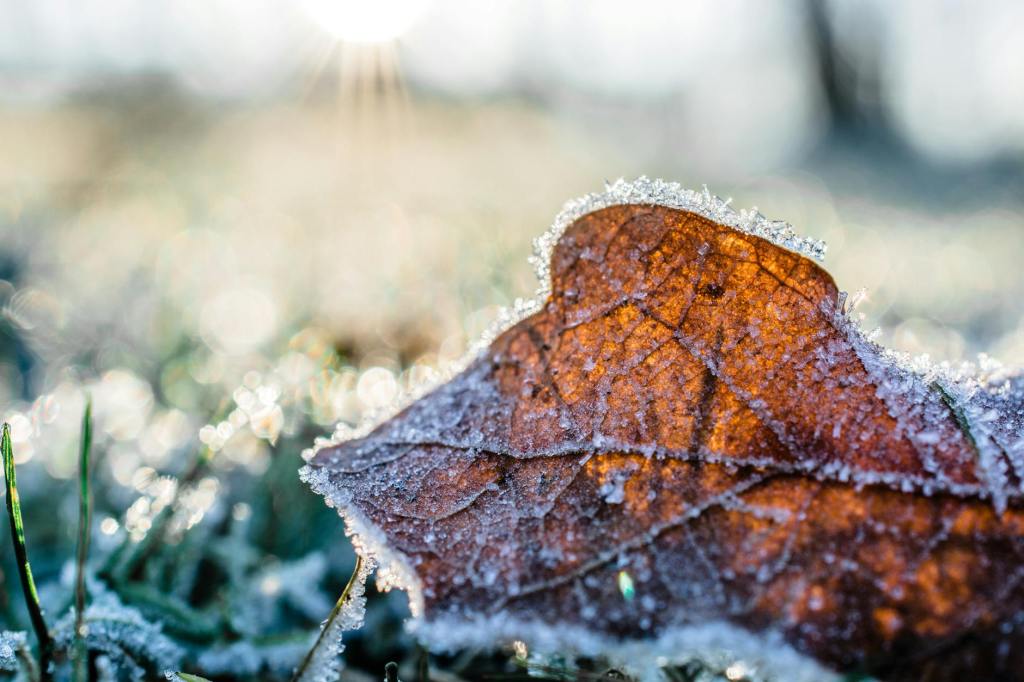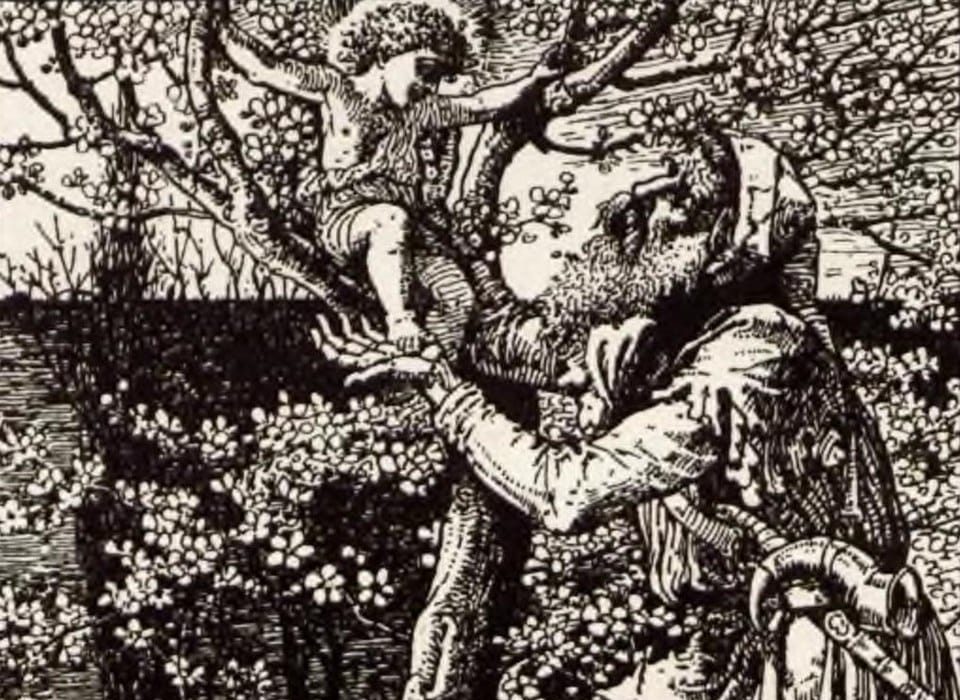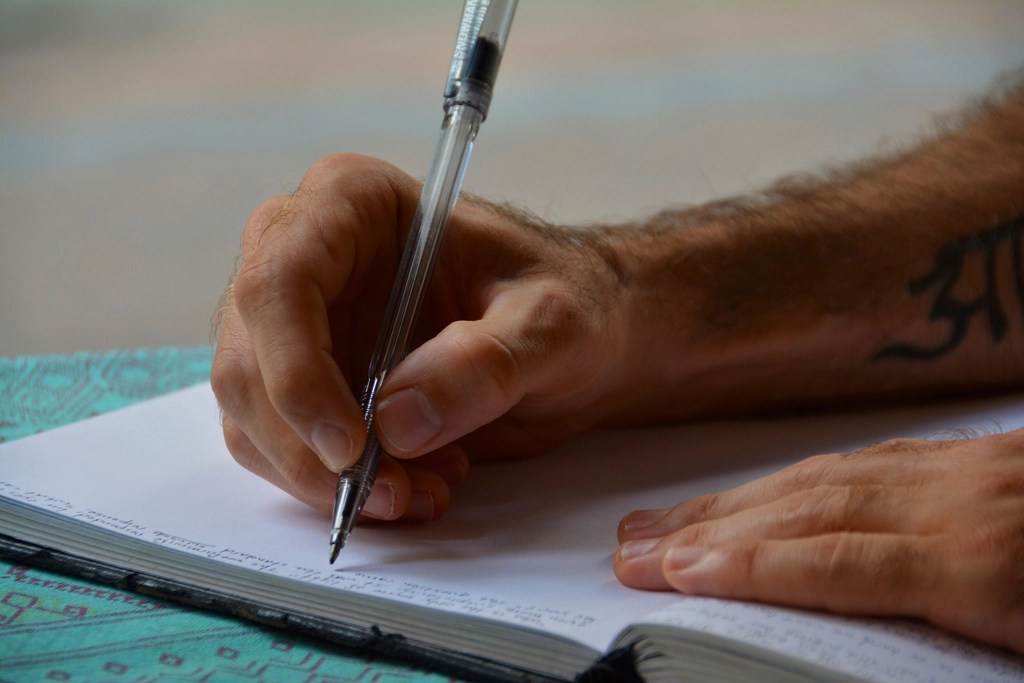Once upon a time in the long ago, as Cormac McCarthy wrote, I was an avid traveler. These days, I don’t get out all that much, but I still enjoy reading about people who do. My most favorite literary road trips aren’t lifestyle magazine featurettes but, rather, bookish adventures. Because I too believe, as literary critic Harold Bloom said over and over, that the secret to reading is rereading, here are some musings on four road trips which top my re-re-rereading list.
The Tender Hem Rides Along
I’ve tried on several occasions to get into books like For Whom the Bell Tolls and The Sun Also Rises but they just weren’t for me. I’d just about given up on Hemingway when I decided to give The Green Hills of Africa a try. Pleasantly surprised by how much I liked his nonfiction, I next read A Moveable Feast.
It was while reading Hem’s memoir of his youth in Paris that I got my next big surprise. Knowing Hemingway’s reputation of hypermasculinity, I was rather shocked to read how tenderly he behaved toward his friend F. Scott Fitzgerald, particularly during a 900-mile road trip they took from Paris to Léon and back again to pick up Scott and Zelda’s car.
The auto had been abandoned there due to bad weather after Zelda demanded the roof be cut off because she would only ride in a convertible. From the get-go, Scott—a hypochondriac of sorts—claimed he was coming down with a lung ailment. On their way back from picking up the car, Scott became more and more convinced he was developing congestion of the lungs.
Hem did his best to manage Scott, even telling him about an article he’d read on the subject. And this helped calm him for a while during the road trip. Then the weather turned bad and they decided to stopover that second night.
Once at the hotel, Hem sent Scott—who had been complaining of fever and demanding a thermometer—to bed.
“Scott was lying in bed to conserve his strength for his battle against the disease,” Hemingway wrote. “I had taken his pulse, which was 72, and had felt his forehead, which was cool. I had listened to his chest and had him breathe deeply. His chest sounded alright.”
Hem continued to assure Scott he was fine and ordered hot beverages to help soothe him, in addition to finding a waiter at that late hour in search of the almighty oral thermometer. But, since everything was closed, the best the waiter could produce was a bathtub thermometer.
Hem put the thermometer under Scott’s armpit, telling him to be thankful it wasn’t a rectal model. Because he couldn’t remember the conversion, Hem lied about the Celsius reading, saying Scott’s temperature was perfectly normal.
“You could not be angry with Scott,” Hemingway wrote, “any more than you could be angry with someone who was crazy.”
Hem continued to nurse Scott through the night. And, when the patient felt fine the next morning, they continued on their road trip to Paris. There’s a lot more to the story, and I urge you to at least check out that chapter of the book for a funny and heartwarming read.
Manson Family Realty: Bukowski Travels
In the shortest of my chosen literary road trips, Henry Chinaski (nee Bukowski) scores big when he’s offered $10,000 to write a screenplay and earns $35,000 off the German translations of several of his books. After some rather dubious financial advice from one Vin Marbad, Buk decides to go house hunting.
This little literary road trip takes Buk and his “good lady” Sarah to a nationally known realty firm, where they are summarily dismissed as vagabonds without ever having had the chance to speak with a realtor. Eventually, they find a place called Rainbow Realty and are taken to a dark mansion occupied by eccentric Grey Gardens types.
About halfway through the tour, Sarah realizes the house was one of the Manson Family murder sites and she and Buk get the hell out of there toot de suite. My favorite part of this minor misadventure, detailed in the book Hollywood, is when they visit a biker bar where the patrons recognize Buk and begin buying him drinks.
To get out of there alive, Sarah downs one of the many shots of whiskey intended for Buk, who one drunk refers to as, “The world’s greatest writer.”
On the way out, Sarah asks, “Are those your readers?”
Buk says, “That’s most of them, I think.”
Even though these would seem to be Buk’s people, he takes pity on grown men day-drinking in a filthy dead-end bar.
“[A]gain I noted the leather jackets and the blandness of the faces and the feeling that there wasn’t much joy or daring in any of them,” Bukowski wrote. “There was something missing, the poor fellows, and something in me wrenched for just a moment. And I felt like throwing my arms around them, consoling, and embracing them like some Dostoevsky.”
He added, “But I knew that would finally lead nowhere except to ridicule and humiliation for myself and for them. The world had somehow gone too far and spontaneous kindness could never be so easy. It was something we would all have to work for once again.”
One Fast Move: A Car Ride with Kerouac
While On The Road continues to be Jack Kerouac’s big hit, I continue to argue his later work Big Sur is superior as a story in general and as a travelogue. Not only is the work a poetic feast from start to finish, its prose is singular in its honesty and beauty. As the book is described in its foreword, Big Sur details Kerouac’s long series of tender nervous breakdowns.
Jack left his mother’s house after the publication of On The Road made him famous—so famous that he couldn’t get a moment’s peace from reporters, fans, and friends. While it was written in 1961 as one sojourn, his Big Sur trips were several.
In the book, Kerouac takes a train from his mother’s in New York to San Francisco, where he meets up with Lawrence Ferlinghetti who lets him stay in his cabin in Bixby Canyon.
Kerouac wanders as a man-child from friend to friend, bed to bed, bottle to bottle; confused, sad, tired, self-absorbed.
Scared and desperate, he feels the warring pulls of solitude—which always turned out for him to be brutal isolation—and socialization, which soothed him for a time but ended too often in jealousy, shame, regret.
“One fast more or I’m gone,” Kerouac wrote of his need to get away, and adding that he felt like, “a bent back mudman monster groaning underground in hot steaming mud pulling a long hot burden nowhere.”
McCarthy On The Road
Saving the darkest—and most hopeful of these literary road trips—for last, I give you Cormac McCarthy’s The Road. Even if you’ve already seen the movie, please make time to read this book. It’s part spiritual journey, part post-apocalyptic adventure, and all meditation on what it means to live a good life amidst suffering and uncertainty … and knowing there will never be a time when we’re truly ready to die.
Golden nuggets of wisdom include the exhortation to beware what you let into your head, because you’ll remember the things you want to forget and forget the things you want to remember. When the boy character asks what’s the bravest thing his father has ever done, the man says, “Getting up this morning.” One of my favorite lines comes in the father character’s exchange with a fellow hobo.
When he asks the old man if he wished he had died, the old man responds “no” but that he might wish he had died because, when you’re alive, you’ve always got that to look forward to. I have read The Road more times than any other book except for Bukowski’s Hollywood.
In fact, as soon as I finished it for the first time, I immediately began reading it again. I’ve been doing so at varying paces for nearly five years.
These literary road trips have taught me much about both the real and figurative highways we travel, how those roads intersect with other people’s paths or sometimes only run parallel, how we’re all traveling down that long lonesome road of life, and how someday we all come to the end of our own road … even though roads never really end.
And, if we’re lucky, we’ll have someone who cares about us to carry our memory with them as they keep going down the road long after we’re gone.





Leave a comment